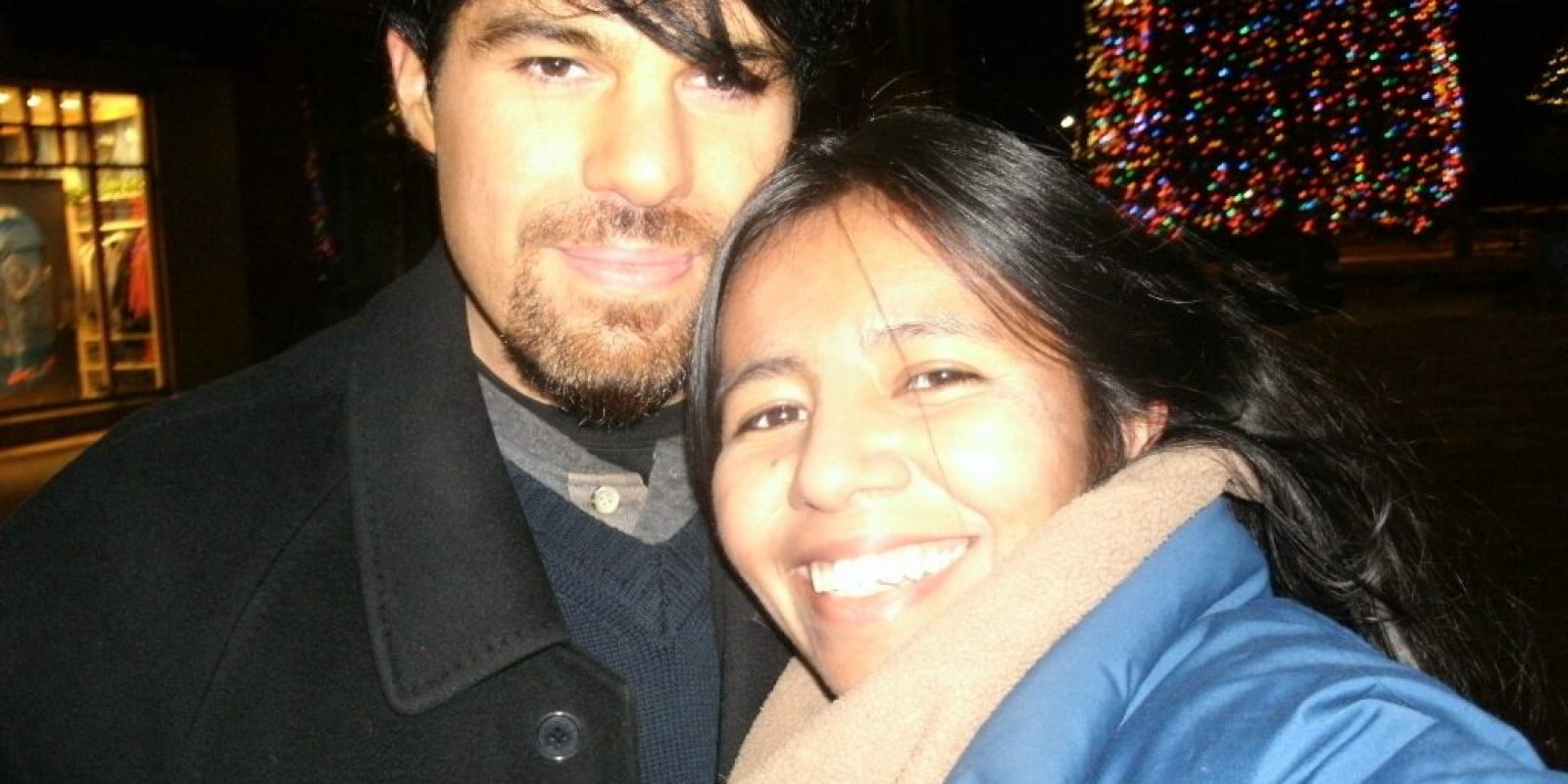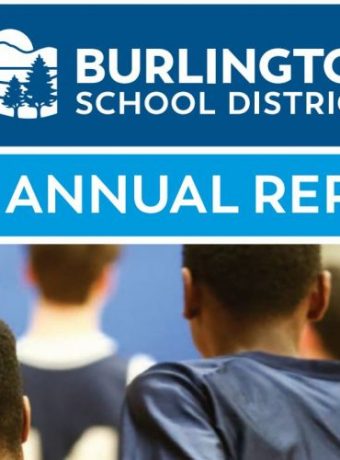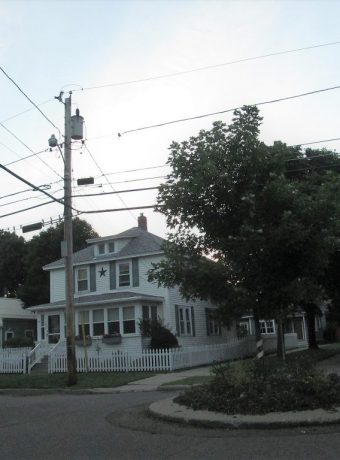The following is an article from the Burlington Free Press regarding Burlington’s budget crisis, my reaction and possible solutions.
[Article begins]
Mayor Peter Clavelle, who submitted his final budget to the City Council last spring, is emphatic that the city’s current financial health is satisfactory.
“This is not a crisis,” he said. “The city is fiscally fit.”
Still, after balancing 15 budgets, an accomplishment he points to with pride, Clavelle has formed a super committee — the Board of Finance plus veteran councilors Andy Montroll and Jane Knodell — to begin to prepare for harder times next year and beyond.
The committee, charged with understanding the city’s fiscal condition and coming up with service and spending recommendations “for the future,” Clavelle said, met for the first time Sept. 1 and has three more meetings planned.
Montroll said the unusual meetings reflect the anticipated budget strains down the road.
“That’s why we’re starting work on it now, instead of waiting for the usual budget process,” he said. “It’s going to be hard to continue cutting expenses and it’s going to be hard to raise new revenue.”
Clavelle, while insisting that all is currently well, acknowledges that “fiscal challenges” lie ahead for the city. The economic trends are stark.
In plain language, as demonstrated by the data put together for the super committee by Chief Administrative Officer Brendan Keleher, it costs more year by year for cops and firefighters and parks and library and all the other city services; but the city’s incoming dollars, as Montroll put it, are “relatively fixed from year to year.”
Costs of the General Fund, which pays wages and benefits and for day-to-day operations of most city departments, have risen 41.7 percent since fiscal year 2000 — from $29 million (figures are rounded) to $41.1 million. The increases are pushed particularly by steep increases in the cost of wages and benefits such as health insurance. Property taxes, meanwhile, which Clavelle calls the city’s “primary tax base,” haven’t kept pace. The amount of money collected has risen just 35.2 percent in the same period.
That’s due in part to Burlington’s physical constraints. With most of its buildable land already occupied, creation of new properties is difficult. The property tax base, Clavelle said, grows only at about 1 percent a year, while expenditures rise by about 5 percent.
Another stricture is what Clavelle calls the “whole revenue neutrality issue.” When the assessed value of properties rise, as they did this year after the state-mandated reappraisal, he said, the city doesn’t pick up additional tax dollars, even though individual property owners see tax increases. The city charter, shielding residents from abrupt tax increases, mandates that the tax rate decrease in proportion to the overall increase in value.
While taxes increase, Clavelle said, “the lion’s share, roughly 60 percent of the property tax,” now goes to the state government.
“We see a huge growth annually in tax revenues generated by economic activity,” he said. “Sales, gasoline, rooms and meals, income tax, corporate taxes — all flow to Montpelier, with the exception of a 2 percent rooms and meals tax.”
About a third of the potential tax base, he said, is made up of untaxed properties such as churches, state and federal office buildings, hospitals, colleges and universities and nonprofits.
“They don’t pay taxes,” he said, “but they require services.” Agreements between the city and the University of Vermont, or Champlain College, or Fletcher Allen Health Care, he said, bring in far less money than if the properties were taxed.
The city’s fund balance (though it is largely committed and not available for unexpected expenses) is at its largest ever, Clavelle said. Burlington’s bonded debt, Clavelle said, is relatively low, and the city has “a low effective tax rate compared to other cities in Vermont.
“This is a healthy economy, by any measure,” he repeated, pointing to low commercial vacancies, low unemployment rates, continued job creation and rising property values.
“What’s unusual,” he said, “is that after years of asking department heads to do more with less and tightening the belt and exploring alternatives to the property tax, the low-hanging fruit has been picked.” Burlington not unique
Steven Jeffrey, director of the Vermont League of Cities and Towns, said looming dollar problems aren’t unique to Burlington. Local governments across the state are scrambling to find a way to pay for the services their citizens expect them to provide.”
“The common element,” he said, “is that municipalities collect a billion dollars a year in property taxes and promptly turn over 75 percent of it to their schools. That percentage has grown from 67 percent in the past eight years.
City governments, an “infrastructure, heavy-equipment industry,” he said, are paying more for fuel, just as individuals are.
Like Clavelle, Jeffrey points to a number of pressure points on municipal finances. State and federal grant money used to flow to cities for highway and sewer projects and law enforcement, he said. Now, instead of coming as a grant, it comes as a loan. Or grants remain at fixed levels, he said, despite rising costs faced by local governments. “And retirement costs are hanging out there,” he said.
In Burlington, for example, according to Keleher’s figures, the city’s payments to employee retirement funds have more than doubled since fiscal year 2000, from $2.45 million to $5.36 million in the current budget.
The League, Jeffrey said, arranges health insurance for Vermont municipalities other than Burlington and has seen insurance costs continue to surge. “Two years ago,” he said, “the cost went up 20 percent. Last year it was up another 11 percent. In two years, up a third. That’s a tremendous increase.”
The costs to Burlington of employees’ health insurance are comparable, rising from $2.5 million in 1997 to a projected $6 million this year. What faces Burlington and other municipalities, Jeffrey said, is not so much a “crisis” as a narrowing of possibilities that, sooner or later, would become noticeable.
Burlington won’t fire its police force to save money, he said. Instead, response times to calls might begin to lengthen. It might take longer to have the streets plowed. The library might have to cut its hours; the parks might raise their fees.
Another sales tax vote?
The furrowed brows in Burlington government councils haven’t yet translated into rhetoric designed to attract the public’s attention, and that may not change soon. With Clavelle’s decision not to run again for mayor and a slew of possible candidates taking pains not to make a critical misstep, Burlington residents may hear little but economic generalities and commitments to “fiscal sustainability,” as Knodell put it last week.
Voters rebuffed the city’s plea in March for a local option sales tax, partly, Montroll said, “because it wasn’t sold. But more than that,” he said, “the public wasn’t ready for it.”
That proposal will probably reappear on the ballot in March, Clavelle said.
Councilor Kevin Curley, R-Ward 4, who hasn’t decided if he wants to run for mayor, said the new mayor would likely be a one-term mayor if he or she reined in city spending as must be done. He repeated that Thursday at the lightly attended Republican reorganization caucus.
“Those decisions wouldn’t be popular,” he said.
He has said the city will face at least a $2 million deficit as it puts together next year’s budget in the spring.
“I don’t think we have a sustainable budget right now,” Montroll, a past council president and potential mayoral candidate, said. “It’d be easy to balance the budget with massive cuts in services or with massive tax increases, but neither of those is acceptable. We have to do it in a way that provides services people are accustomed to, and that’s where the challenge is.”
[Article ends]
Just from hearing this article you can see that there is a lot of confusion over our city’s budget. The people involved in crafting the budget cannot even agree on whether we are in a budget crisis or not. I personally do not believe that the city is being completely honest with the public regarding the city’s finances. Heavenly and I have followed the finance board meetings and I will let you in what we saw. As you may know, we had a local option sales tax proposal on the last March ballot, which failed. They city had threatened us with more property taxes if we didn’t accept the sales tax. We were told that the local sales tax would be dedicated to “property tax relief”. However, as the proposal was worded it would only devote a portion of the sales tax revenue to property tax and the rest would go into the general fund. There was little guarantee that much of the money would even be set aside for property tax relief, meaning the “property tax relief” would have actually amounted in a net increase in tax burden for us all. Luckily, the voters saw through this and voted it down. However, as we can see from this article, the city does intend to bring it back, possibly on the next ballot.
Now, what happened after the local sales tax got voted down? The finance board had to go back and revise the budget as the budget had actually been drafted expecting the sales tax would go through. Mayor Clavelle was so sure it would go through, that it was assumed the city would have the extra revenue, thus proving that they had no intention of providing the city with tax relief.
Mayor Clavelle and Brendan Keleher had proposed several possible cuts to police and parks that they knew that would never be accepted by other board members acting as though that’s all they could do.
Then, when the next meeting started, some how the budget was balanced and most of the proposed cuts were back in and everyone was happy. Apparently, the city found some money they hadn’t counted on. How convenient.
Montroll believes that we don’t have a sustainable budget and that massive tax increases or cuts in services will not work. I agree that massive tax increases will not work, as the taxpayers of Burlington are through with increases, they cannot handle anymore, nor should they have to. This means that the city will need to cut back on services… or cut costs, or increase user fees or most likely some combination of the three.
Since, most people currently in government believe there is nothing left they can cut from the budget that would be acceptable, I have an idea that would help and get more people involved in their local government at the same time. Why not offer a bounty for helping us get rid of the waste in the budget. I’ve written and spoken about this before. I will go over it again. The following is an excerpt of the Bounty Hunter program described by Michael Cloud…
[Article Begins]
As we all know, waste is bad for government and bad for taxpayers.
There are at least 3 kinds of waste.
Paying champagne prices for beer quality.
Paying champagne prices for champagne – when you only need beer.
Buying champagne or beer items when you don’t need either.
All 3 kinds of waste balloon government spending and keep taxes high.
The Bounty Hunter Program targets all three.
Bail Bondsmen and Law Enforcement Agencies offer Bounty Hunters juicy rewards for tracking down, capturing, and bringing in bail jumpers and at-large criminals. They pay Bounty Hunters for results.
The Bounty Hunter approach works the same way.
Offer a bounty of 10% of the first year’s savings for removing the wasteful government spending. Get rid of $100,000 a year in needless government spending, and the citizen gets a $10,000 bounty. Immediately refund the other $90,000 to taxpayers. The next year and every year after, taxpayers get the whole $100,000 savings.
How many private citizens will scour the city budget, comparison shop what the city’s paying for goods and services, and determine whether it’s prudent and thrifty spending – or waste?
How many small business owners and employees will put city spending under a magnifying glass? How many retirees will stop playing the Lottery – and start seeking out city government waste?
Why will they do it? For the chance of getting a $5,000 bounty, a $10,000 bounty, a $50,000 bounty, or more.
Why will taxpayers love it? Because 90% of the first year’s savings go back to the taxpayers. And 100% of every other year’s savings go to them. Less government spending. Lower taxes.
The process would be simple.
1. The Bounty Hunter would find the waste in the budget, put together evidence that it is waste, and put the item on the agenda of the next city council meeting. Or school board. Or other local government body.
2. The Bounty Hunter would be given 5 to 10 minutes during the meeting to present his facts and figures, his testimony and evidence. City council members could ask him questions to make sure they are properly informed.
3. The city council would have until the next meeting to look into the matter.
4. At the next meeting, the city council members would provide the Bounty Hunter with their findings, and roll call vote on whether to remove the spending from the budget.
5. If they voted to remove the spending, it would take effect immediately. 10% would go to the Bounty Hunter. 90% to the Taxpayers. Immediately.
6. If they voted to keep the spending, voters could decide whether they were right or wrong, responsible or irresponsible. Which ones deserve to be re-elected – and which ones need to be voted out.
To make the Bounty Hunter Program fair, to remove even the appearance of conflict of interest, we would exclude all government employees, retired government employees and their families. We would also exclude those who work for businesses who sell supplies or services to government.
Would you like a Bounty Hunter Program for your city government? Your county government? Your local public school district budget?
Run for city council on a Bounty Hunter Program – as a first step toward making government small. Or run for school board. Or any other local office that controls budgets.
Propose them. Publicize them. Promote them.
Or make a small government candidate in your city or state aware of this simple and powerful proposal.
It will make government open and accountable to the taxpayers.
It will increase citizen involvement in local government.
It will increase voter participation.
Every concerned citizen should support this. Every liberal, moderate, and conservative should support this. Every caring government employee should endorse and support this.
[End Article]



